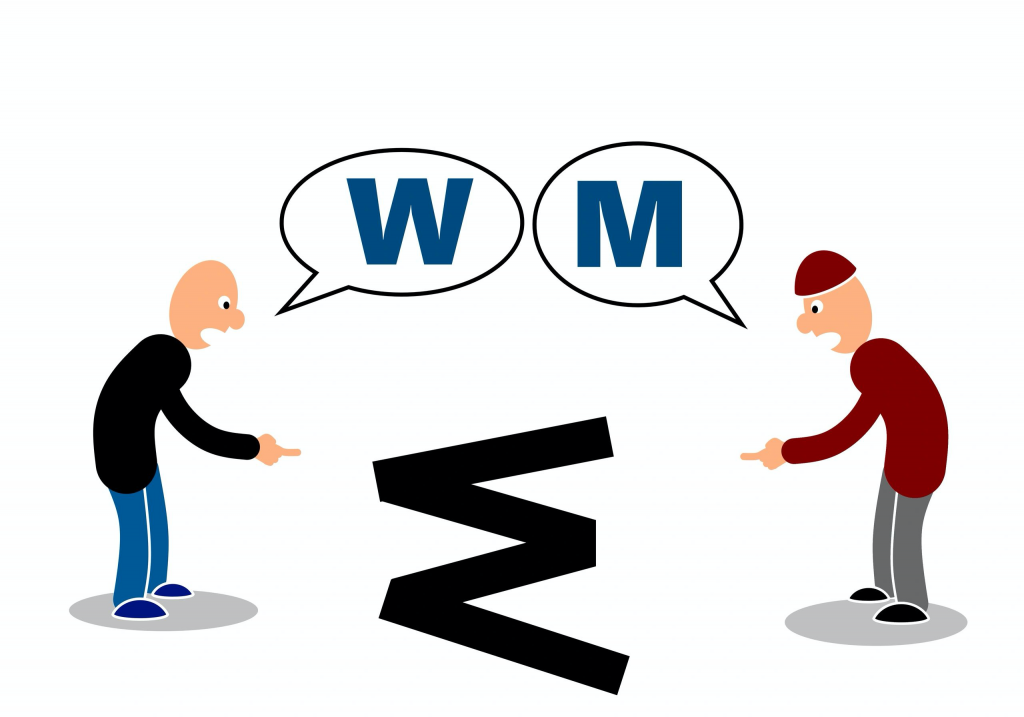
Sitting on the front porch this morning, I sneezed loudly.
From our neighbor’s open window across the street, I was pleasantly surprised to hear an unequivocal “BLESS YOU”.
Welcome to community!
You should never say bad things about the dead, only good things. Joan Crawford is dead. Good.
— Bette Davis
A Faithful Life
A faithful life is not like a grocery list-something to get through as efficiently possible. A faithful life isn’t simply reciting the right ideas about God. A faithful life is an invitation to contemplate God, to linger in the presence of God, to be with God, not just to do for God.
Peterson translates Psalm 27: this way:
I’m asking GOD for one thing,
only one thing:
To live with him in his house
my whole life long.
I’ll contemplate his beauty I’ll study at his feet.
(THE MESSAGE) _
Open & Unafraid – W David O Taylor
“Give sorrow words. The grief that does not speak whispers the o’er fraught heart and bids it break.”
“Macbeth”: Shakespeare
Empty Ritual
Some adults, having lost their true humanity, even use phrases such as “empty ritual.” Like many other enemies of tradition, they eradicate all the truly human pursuits in the name of “higher” rational activities, invented only in the last few hundred years.
Those who utter phrases such as “empty ritual” (something I’ve heard all my life) forget that it is God who first gave ritual to the people of Israel. This primary story about the faith runs counter to modern intuitions. For we presume that real things and true things are in the mind. It is thought and sentiment that we consider to hold the lofty place of the holy. But it is ritual that is given this place in the Scriptures.
In the later chapters of Exodus, we are told of Moses’ 40 days on the mountain in the presence of the Lord. During that time he is shown “the pattern” of all the furnishings of the Tabernacle. He is given the “pattern” of worship as well – the ritual of Israel. Christian understanding from the New Testament forward has always seen these patterns as a foreshadowing of Christ and His Pascha. The gospel was hidden in the patterns given to Moses.
Fr Stephen Freeman
Wealthy people
…this is why I think Jesus says that it is difficult for the wealthy to enter the kingdom of God. Not because wealth is inherently contaminating. Or that wealthy people are morally corrupt. The issue, it seems to me, is how wealth insulates you from your neediness, your vulnerabilities, dependencies, and brokenness. Separated from your neediness your days can be blissfully passed in delightful spaces and lovely experiences. Wealth cocoons you, and eventually entombs you.
Thus the exhortation from Psalm 62: “If wealth increases, don’t set your heart on it.”
Richard Beck
Who is my neighbor?
The question “Who is my neighbour?”, is answered by Jesus’ question “Who proved to be neighbour to the person in need?” And the lawyer’s answer, drawn like a deep rooted tooth reluctant to emerge, “Well, I suppose, the one who showed him mercy.”
Mercy is thoughtful and costly neighbourliness. Mercy is the tilt of the heart towards those whose lives can be made better by our kindness and generosity. Mercy is compassionate practical caring about what is happening to folk who are struggling.
Emotional empathy and practical kindness, feeling and action, embodied kindness, the love of God enacted and demonstrated as a way of life; each a constituent part of mercy. We love because God first loved us; God’s love poured is poured into our hearts by the Holy Spirit. God’s love to us is sufficient motive and our love for the neighbour is the energy source of mercy. “Anyone who does not love his brother or sister [or neighbour] whom he has seen, cannot love God whom he has not seen.”
Jim Gordon
Truly Human
While it is true that “God became man so that man could become God,” it is equally true that God became man so that man could become man – truly human. To be truly human we must sing and dance, create art and tell stories. We engage in commerce and build cities. All that is human life and existence is a gift from God and has a God-given purpose and direction.
Fr Stephen Freeman
Human Worth
…a recent survey which showed that under 30s in Canada think poor and homeless people should be allowed to seek euthanasia if their lives are miserable enough that they want to do so. Alas, human autonomy and expendability has replaced the “imago dei” as the basis for determining human worth.
Michael Bird

View from the Front Porch
PERSPECTIVE
This morning Alexa signaled a notification. I asked what the notification was..
“CNN reports 40,00o killed in Gaza”
I was stunned. All sorts of scenarios ran through my mind. Nuclear attack? Refugee camp bombed? Middle east war spreading? It was disconcerting, to say the least.
Following up, I found the full CNN report, “40,000 killed in Gaza since October 7, 2023.”
Read that, I was flooded with relief. Thank goodness it was not 40,000 killed yesterday but a total for the war.
I’m pondering — perspective
Relieved to learn 40,00o have been killed ?
“You will always define events in a manner which will validate your agreement with reality.” – Steve Maraboli
STILL ON THE JOURNEY